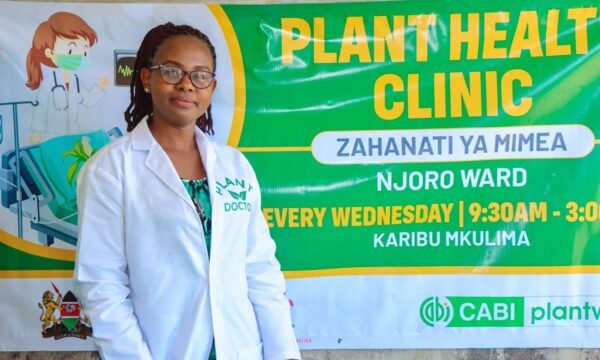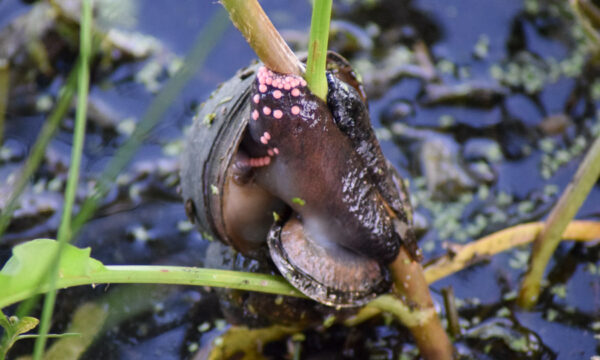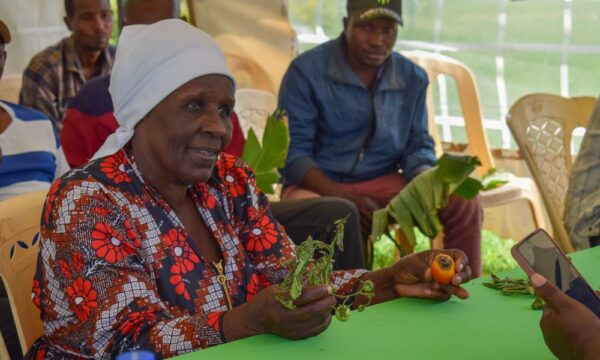Report by Willis Ochilo and MaryLucy Oronje
After years of desolation, Turkana has come alive with its colossal water reservoir and plenty of oil to boot.
Massive reservoirs of underground water and underground oil have been discovered in a remote part of Kenya – the Turkana region. Turkana is situated on the north-western part of Kenya and shares international borders with Ethiopia to the north, Uganda to the west and Sudan to the northwest. Pastoralism is the main subsistence and economic activity in the region. Crop production is practiced by agro-pastoralists mainly in the few pockets of arable land within flood plains and along riverine areas of Turkwel and Kerio.
Over the years, Turkana region has been synonymous with dearth, poor infrastructure, non-existence communication facilities, impassable roads, high illiteracy levels and wanton poverty. In fact, among the counties in Kenya, Turkana is ranked the poorest with ninety five people in every one hundred considered to be living below the poverty line.
Recently, Tullow Oil plc, a multinational company that has been involved in oil and gas exploration in Kenya since 2012, announced a fourth consecutive wildcat discovery in Turkana. Even before the dust could settle on the latest oil finds, reports emerged that massive underground water reserves that hydrologists conjecture can be sufficient to meet Kenya’s need for 70 years were discovered in Turkana. According to the UNESCO commissioned findings, the Lotikipi basin in Turkana West (which means a place of plenty water in the local Turkana dialect) holds an estimated 207 billion cubic metres of fresh water while another basin in Lodwar (Turkana South) holds 10 billion cubic metres.
Following the discoveries, the conversation has shifted from resource exploration to resource utilization, with particular focus being on how best the residents of Turkana will benefit from the latest finds in their region. The aquifers, besides potentially boosting the country’s water provision by 8.5 per cent and doubling the capacity of water consumption, could also serve as a game changer in a region that, for the longest time, has relied on relief aid. For starters, with this new resource benefaction in the region, possibilities of resuscitating and expanding production of drought resistant crops and venturing into horticultural production abound. Additionally, the resulting waters from the aquifers could be used to complement agriculture projects currently running in the region such as ‘Kenyans for Kenya’ Turkana project and ‘Secure the Future’ initiative.
The ‘Kenyans for Kenya’ Turkana initiative is led by the Kenya Red Cross Society (KRCS) and the Kenyans for Kenya steering committee. This initiative aims at providing a permanent solution to the perennial drought experienced in the region through building community resilience and enhancing food security. This will be achieved by opening up land to irrigation in Kaikor location, targeting three villages with a total population of 15,398 people. World Vision’s ‘Secure the Future’ is also focused on resilience building and recovery programmes. Their scheme at present has 400 acres of land under irrigation and benefitting 1,200 families and plans are afoot to grow the number of beneficiaries to 2,000.
It is also envisioned that, as a result of the water discovery, the perennial conflict pitting Turkana against her neighbours both within and without Kenya for resources would be minimised.
To underscore the enormity of the water finds, a section of government officials are calling for the sharing of the water with other members of the East African Community (EAC) including Uganda and Tanzania. Noble as the call to share is, the prevailing sentiment expressed by many is that the people of Turkana ought to be the biggest beneficiary of their water, and that the same should be used to meet their domestic needs and to boost agriculture in the region.
How would agriculture benefit from the oil discovery? Pundits argue that agriculture is well posed to reap from the consequent oil industry. This is because agriculture has the best backward and forward linkages. Resources from the oil industry could be tailored to assist farmers through micro-credit initiatives, provision of subsidies, capacity building of extension officers to disseminate sustainable agricultural techniques, fostering long-term partnerships between farmers’ organization, government bodies and international development agencies through initiatives such as Plantwise, and developing export markets for the region’s primary and processed agricultural commodities. On the flip side, there are those who opine that the discovery of crude oil could potentially change Kenya’s economic profile, relegating agriculture in favour of the petroleum industry. This is due to what they call ‘the economic oil curse,’ where the blooming of one sector drives other sectors down. The sudden inflow of dollar-denominated revenues, they argue, often results in a sharp appreciation of the domestic currency, leading to non-oil sectors like agriculture becoming less competitive.
Whichever way you look at it, we will have to wait and see if the discoveries will be a blessing or a curse to Turkana. Notwithstanding, as Dennis Omondi puts it, “Turkana people must be the greatest beneficiaries of their resources. They suffered alone; they should quench their thirst and eat the most.
3 Comments
Leave a Reply
Related News & Blogs
Biocontrol that goes the distance: Acerophagus papayae in Kenya
Acerophagus papayae can slow the spread of the invasive papaya mealybug and benefit the wider community. Recent monitoring efforts have shown that the natural enemy is reaching long distances away from the original release sites. Papaya mealybug attack…
20 May 2025







To sale this water is the biggest mistake ever by the government…
Reblogged this on joshuawdillard's Blog.
Very interesting,thank you
دانلود موزیک ویدیو جدید http://www.2.fazmusic38.org/